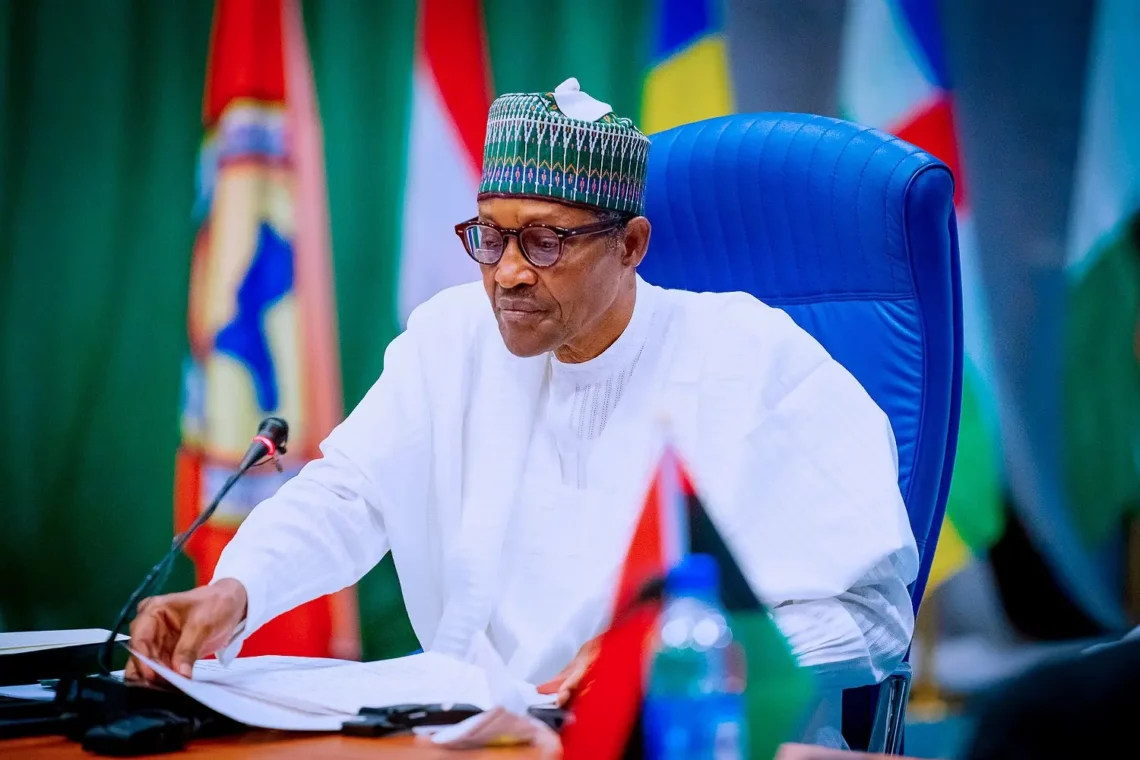The past week has been more on discussing the sustainability of Nigeria’s debt as the Nigerian government has said it is considering finding ways to reduce the debt burden of the country as it continues to run a deficit budget.
For 2023, the government is looking at a budget deficit of N10.5trillion most of which would be financed by debt. However, with a debt burden of over N42trillion and surging debt servicing obligations spurred by the rising interest rates globally, the country has a short window in accessing the international debt market.
The Nigerian government has $15.918 billion outstanding Eurobonds debts at March 2022 and continues to accumulate more, but as central banks continue to pursue aggressive tightening, and raising interest rate, approaching the Eurobond market become more expensive for a government that is already spending more than 100 per cent of its retained revenue on servicing its debts.
Although, the Nigerian minister of finance, budget and planning had reiterated that the country is not planning to restructure its debt, there has been jitters, particularly among bond holders that a debt restructuring might be in the books for the country.
The minister, Zainab Ahmed whilst speaking on a panel at the just concluded World Bank/ International Monetary Fund annual meetings in Washington, had explained that the country is working on renegotiating its debt obligations and see how it can stretch it out to ease the debt burden of Nigeria, saying restructuring is not in the works.
This is following an interview she granted on the sidelines of the ongoing 2022 World Bank/ International Monetary Fund annual meeting holding in Washington where she had mentioned that the country was considering restructuring its loans.
Speaking during a Debate on the Global Economy, Ahmed said, “We are not restructuring our loans but we are looking at options of how we can stretch out including buying back some of our bonds when we have the resources to do that.”
Ahmed, who was responding to a question by CNN Anchor, Richard Quest on whether the country was feeling punished for its debt, said, “We are actually feeling the pressures, the market costs is too high for us to come out.
“We would explore the markets in the near future and also because inflation is going up and is going to stay up for longer and also our debt service obligations in foreign currency are increasing. And what we have decided to do is not to wait for it to happen we have to start looking at how do we better manage our liabilities.
“For example, our domestic liabilities will be able to shift our loans from short-term to medium and longer-term tenure. We have to do the same for international borrowings as well, bilateral loans and even some concessionary loans that the periods could be stretched to give us more fiscal room while we are working to increase revenue. To improve on our revenue to debt service, you still need to be able to renegotiate and stretch out repayment implications.”
Meanwhile, the International Monetary Fund (IMF) noted that Nigeria can take advantage of rising commodity revenues to address some of its developmental needs and reduce debt.
According to IMF’s division chief, Fiscal Affairs Department, Paulo Medas, governments are facing a very difficult environment in many countries across the world with double‑digit inflation, explained that poor revenue mobilisation affects service delivery in Africa’s largest economy.
“In this respect, fiscal policy needs to help monetary policy, working together to ensure price stability. This is absolutely critical for stable growth and for some public finances in the countries. Countries like Nigeria, especially those including oil exporters, can take advantage of rising commodity revenues to address some of these needs and to reduce debt,” he stressed.
The IMF chief noted that there has been no improvement in the nation’s budget deficits because of the large energy subsidies, but also other issues with production of oil and other pressures on the budget. “So, our recommendation is to try to save some of these oil revenues to reduce debt but also to use them to address these emergency needs,” the official said.





